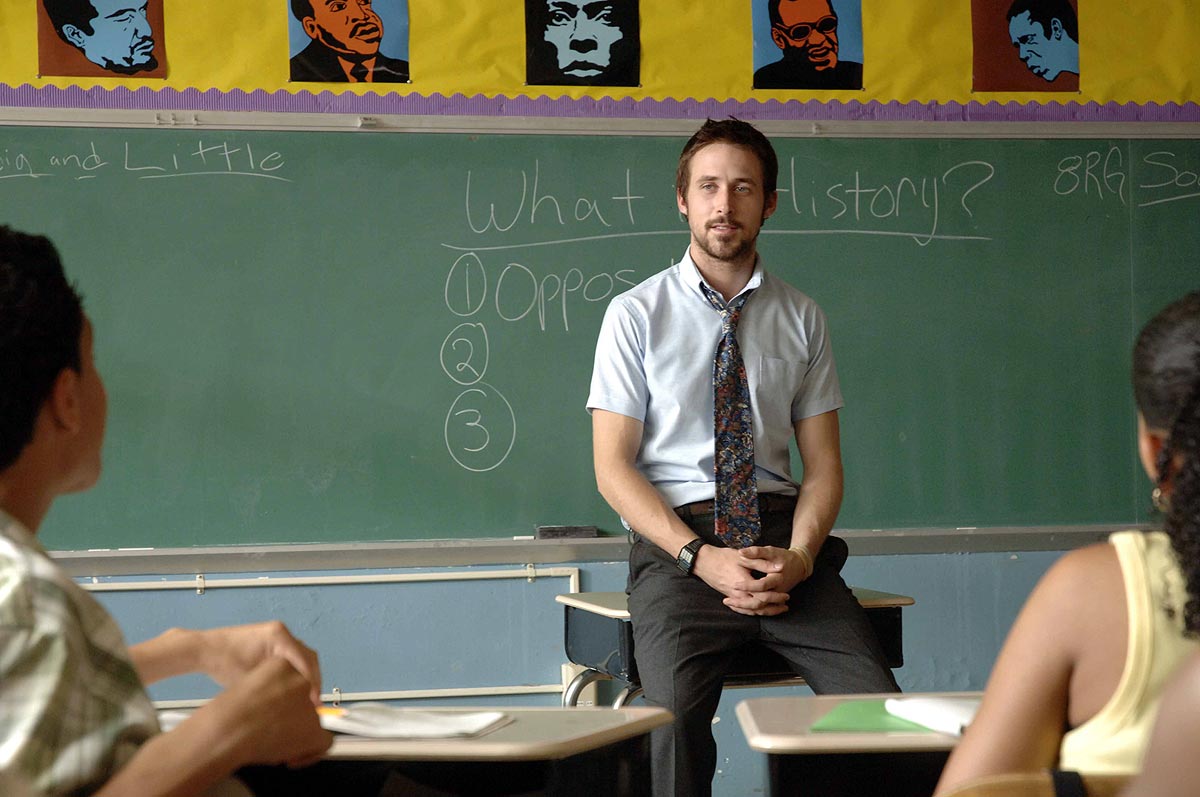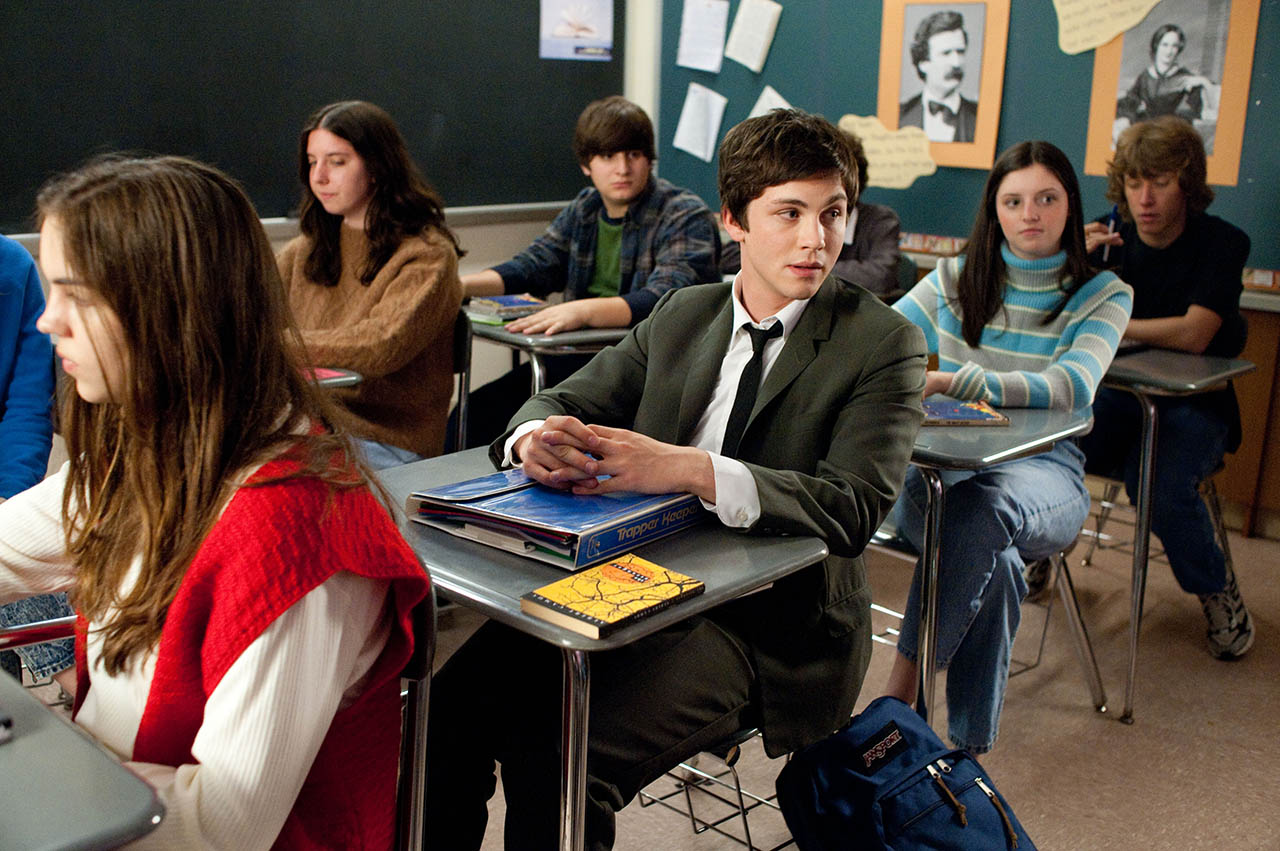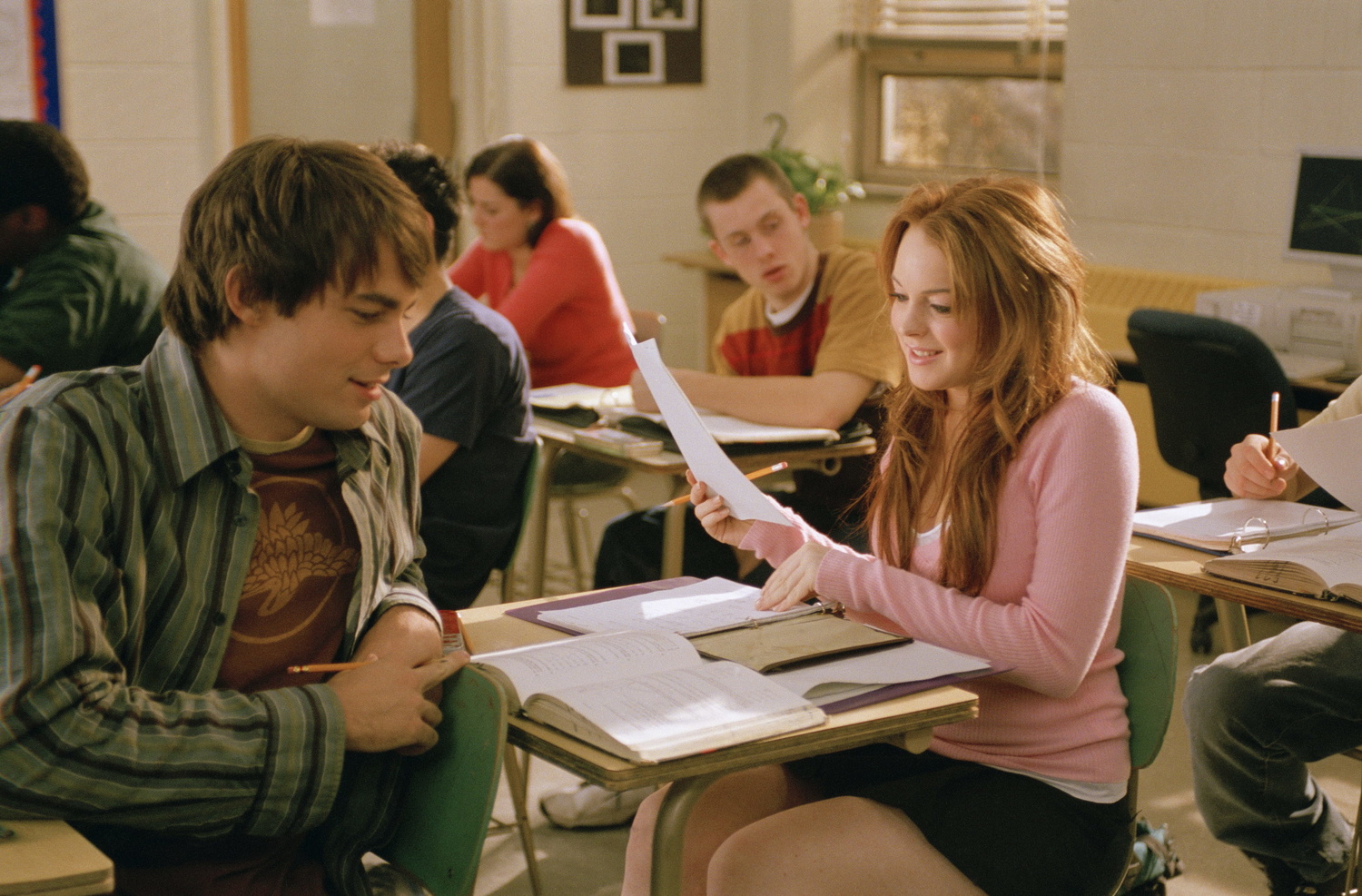“Don’t run!”, “Don’t interrupt!”, “Speak louder!”, “I said shut up!”, “Get up!”, “Sit down!” The school years are a great time when you can do almost nothing, but really want (perhaps not quite) everything. Prohibitions, penalties and rules accompany almost every educational process, but Russian schools have developed their own special “language of restriction”. Well, who among us has not heard the canonical: “Did you forget your head at home?” or “If everyone jumps from the fifth floor, will you jump too?”
When you sit at your desk, any statement from teachers is welcome, but today we sometimes turn to our school years and realize: It seems that something is wrong.
How teachers’ negative comments affect our mental health, whether school ethic is so dangerous, and is the new flurry of criticism against teachers just another “curtsy” towards fashionable psychotherapy?
Tyranny = discipline?

There is an opinion that a good teacher is necessarily strict. This is partly true, just for the simple reason that noisy teenagers won’t obey another teacher. Because of this, many go too far, get personal, and insult their students. So where is the line between tyranny and discipline?

Vladimir Grechko (Yasno psychotherapist)
The line passes in the realm of understanding that a child is a person. When the teacher understands the child’s level of perception, development and thinking, it is easier to find an approach to the child, even if he is completely naughty. He can see the child’s needs between the lines and communicate with him. But the teacher is also a human being and encounters different emotions in difficult situations. The ability to deal with them without affecting children makes it possible to express what is needed constructively. Therefore, the line lies in the field of recognizing the possibilities and limitations of both the student and himself.
Which words of teachers negatively affect children’s mental health?

It seems that all teachers have an arsenal of caustic and offensive expressions in reserve, after which you want to fall to the ground. Many words are so engraved and traumatizing the psyche that we deal with the consequences even in adulthood. Psychotherapist Aina Gromova commented on the most popular.

Aina Gromova (psychotherapist)
“Didn’t you forget your head at home?”
This is public humiliation and leads to the fact that in the future the student will be afraid to show himself in society. It is easier for him not to pay attention to him, because if they do, he will become a laughing stock.
“Get out and come the right way”
Behind this statement is the message that you are not following the necessary rules, you are not what you should be, and if you allow yourself to disobey, we will reject you from our society. Nobody wants to be rejected, so it’s easier to do everything to avoid it.
“Teacher Call”
The teacher is responsible and your needs and wishes can be ignored. This statement devalues the child on a personal level. And its main message is “You are not and you do not decide anything.
“Teacher is not late, he is late”
In this case, the message is even simpler – whoever is more important is right. If someone is going to be more important than you in your future life, you need to bow your head to their authority. Because he is an authority and you are not.
“I repeat, especially for the talented”
With this sentence, the teacher broadcasts to the children that they are stupid and incapable of anything. After such statements there is a reluctance to show their knowledge to such a teacher. This is a powerful loss of motivation to work.
“Tell us now and we’ll laugh together”
The subtext here is: “You broke the rules of the game and you will be punished with a public boo for it.” The conclusion is very simple – there is no desire to perceive this teacher. And there is a desire to be distracted by other things, to communicate with other people.
“Tomorrow the dot will turn into two”
Because of these words of the teacher, the child is not worried that he does not know the subject, but that he will get a bad grade. It turns out that the attention vector has changed. A person cannot figure out what is worth and thinks that the main thing is not to get a bad evaluation from others. For adults, this is, “Do you want checkers or go?” can be explained in terms of
“Come on, you will lead the class and I will sit in your place”
Message: “The role of leader is not for you.” Therefore, the child may develop impostor syndrome in the future.
Usually the teacher uses all these expressions as familiar labels and automatically reproduces them in a given situation. All these caustic statements about students are combined into one message – humiliation, depreciation, neglect. And this will cause a feeling of injustice, anger, resentment in every child. And in the future it will manifest itself with indifference and indifference.
What results?

Aina Gromova:
Contempt, insults and condescending tone of speech do not lead to the fact that the child will study well or interact correctly. The child will not respect others, including adults, and his unstable self-esteem will be further traumatized. This will cause them to experience outbursts of anger, rage, and aggression. The child will attack others and throw aggression into the world around him, and the desire to prove something and work well will be in vain. That is, in interacting with the school, we will take an indifferent, callous, disinterested person who, in principle, has absolutely no positive feelings about the educational institution.
The humiliation of dignity in society creates the most indifferent and cruel attitude in the child’s reaction. This sentence has an even more devastating effect when spoken to the whole class.
Constraints without demotivation

What distinguishes a good teacher from a bad teacher? Properly built communication. The teacher must be able to competently guide the child in the right direction. Without shouting and emphasizing the “not” prefix. The latter is especially important because after banning something, the desire to do it grows exponentially. So how do you comment on a student without negative verbs?
Vladimir Grechko:
Restrictions are best brought by requests or requests if requests are not heard. However, it is important to remember that the form and intonation of what is said is often more important than what is said. And in order not to reduce motivation, it is important to see what the child wants and support the desire, regulating it with a ban.
Are we exaggerating the situation?

You can often hear objections from the older generation in the spirit of “that’s how we were brought up and nothing, they grew up normally.” Indeed, isn’t teacher criticism the result of the psychology craze? Perhaps we exaggerate the danger of such statements?
Vladimir Grechko:
There are many factors that are effective in the emergence of criticism towards teachers. It is difficult for parents to entrust their child to school, teacher, and this distrust has objective factors. The education system and its goals are different from what parents want to implement. Now the school has other requests and requirements that it doesn’t have time to meet because of the format. I don’t think it’s worth linking it to the development of psychology.
Source: People Talk





